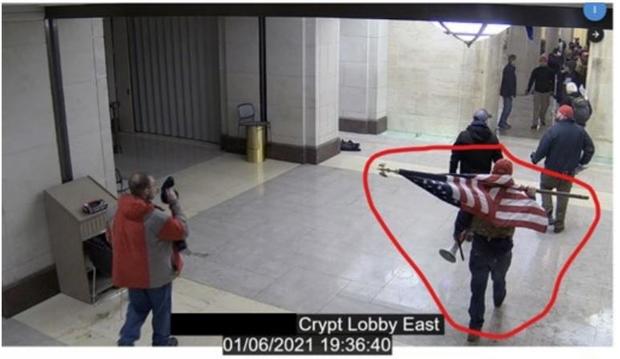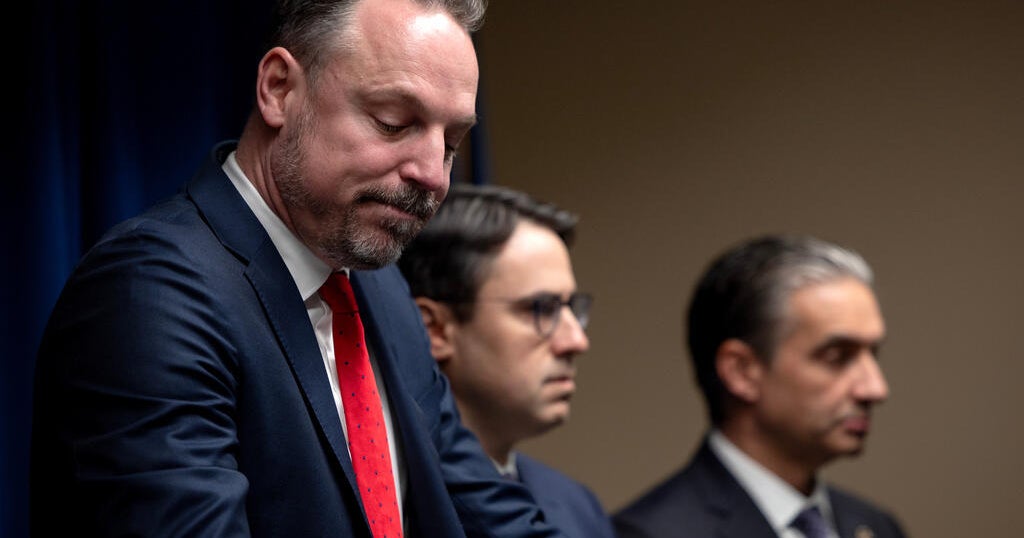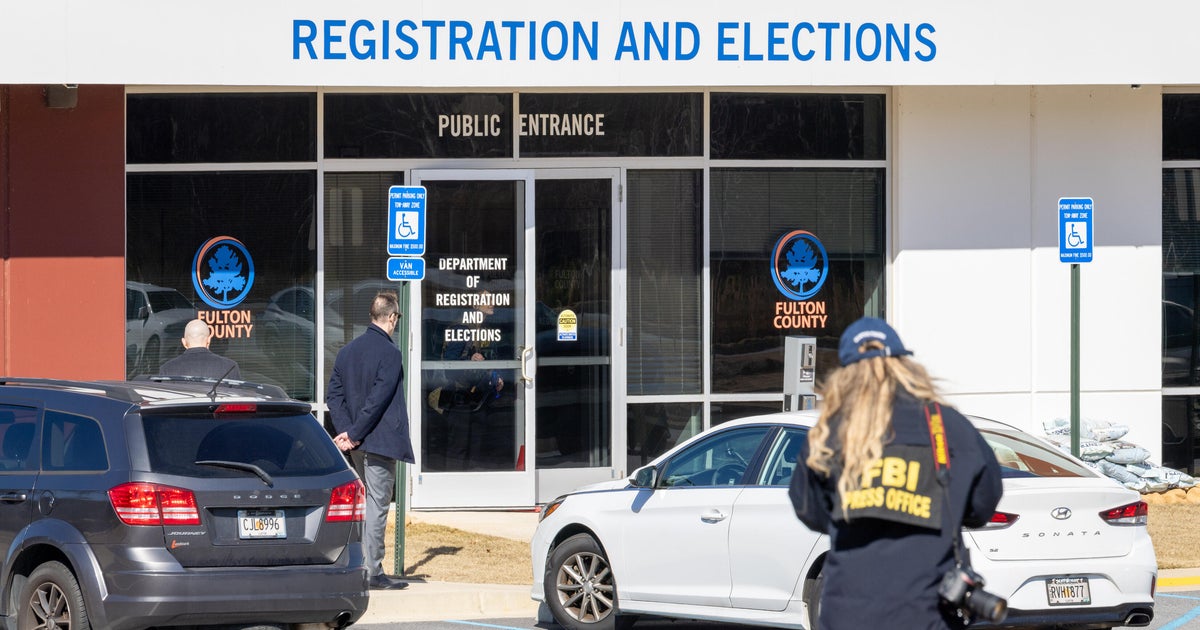Capitol rioter gets lighter sentence for cooperating with January 6 committee
Washington — A federal judge has revealed a new possible path to leniency for defendants charged for their alleged roles in the January 6 attack on the Capitol: cooperation with the House select committee investigating the riot.
Judge Beryl Howell, the chief judge in the U.S. district court in Washington, D.C., issued a lighter sentence than recommended by prosecutors last Friday in the case of Robert Schornak of Michigan. Among other factors, Howell cited Schornak's meetings and interactions with the House January 6 committee.
Schornak is one of approximately 20 defendants in the Capitol breach who has pleaded guilty to the misdemeanor charge of entering and remaining in a restricted building, according to a CBS News review of court filings. The Justice Department sought a sentence of six months in prison, citing "aggravating factors" that made Schornak's case more serious.
According to a sentencing memo from prosecutors, Schornak "demonstrated preparation and intent by engaging in communications about his anticipated combative behavior in Washington, D.C.," stating "we can't stay home 'n watch our republic be stolen. They want a fight let's have it." Schornak also admitted to stealing an American flag from Capitol grounds on January 6.
When issuing her sentence, Howell said Schornak's behavior was "not a garden-variety episode of unlawful entry," and she was concerned that Schornak "took a selfie with a fellow rioter." But the judge sentenced Schornak to 30 days in jail and two months in home confinement, far short of the sentence prosecutors recommended.
During the proceedings, Howell made multiple references to Schornak's cooperation with the January 6 committee as a reason for her decision.
"To his credit, defendant cooperated with law enforcement after his arrest. And, to my mind, [he's] gone further in expressing remorse by taking the concrete action of speaking with investigators of the House select committee, to help them understand the full scope of how that day happen," Howell said. "I will give him credit for that. I think that type of cooperation is helpful to this country. And it's helpful for making amends for what occurred on January 6, to the extent that the House select committee is able to be successful."
Schornak leaned into his meeting with the House committee in his sentencing memo seeking leniency from the court. Schornak's attorney wrote that he "has worked to seek forgiveness from his country — he has done all that he can to help the House of Representatives Select Committee in their mission to prevent this from happening again. And he now seeks forgiveness from this Court."
The leniency shown by Howell in Schornak's case could set a marker and send a message in future sentencing hearings for other January 6 defendants, legal analysts told CBS News.
"You'll get the lightest sentence and the best chance of rebuilding your life if you cooperate with the committee and/or the FBI and prosecutors," said Catherine Ross, a law professor at George Washington University.
"This is an important development," former federal prosecutor Scott Fredericksen said. "It further enables the January 6 committee to gain new evidence about the source and coordination of the insurrection, and how high up the instigation of the riot might lead."
Lucius Outlaw, a former federal defender, said, "Cooperating defendants are seen as more remorseful. The belief widely held by judges and prosecutors is that a person is truly remorseful when he or she not only admits what he or she did, but explains the details, including who else was involved."
A growing number of defendants have agreed to meet with the committee and its staff. Stewart Rhodes, the founder of the Oath Keepers militia group who is charged with seditious conspiracy, is the highest-level and highest-profile of the approximately 740 people charged in the Capitol attack. He met virtually with the committee for nearly six hours earlier this month.
Some of the lower-level defendants have done so as well. According to court filings, Thomas Vinson of Kentucky, who pleaded guilty to a misdemeanor, alerted the court to a request from the committee late last year.





